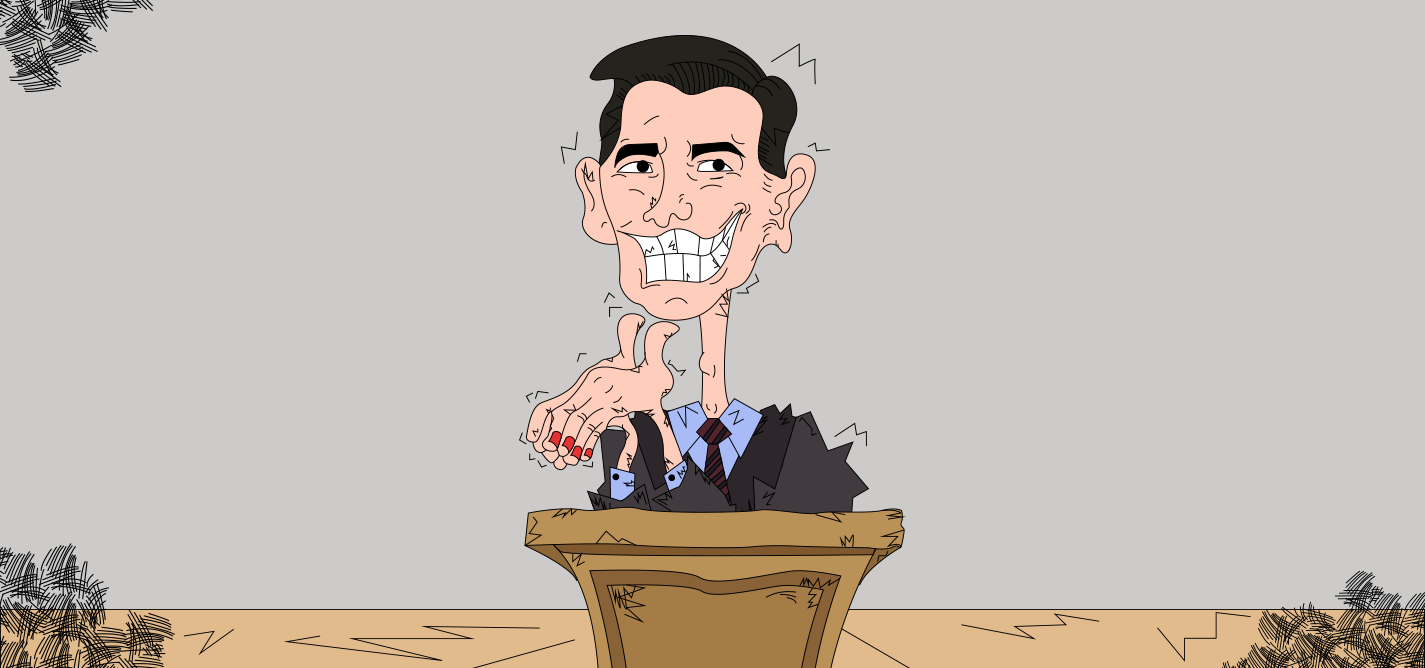
Elections: 5 things we learnt this week
Rallies, intimidation and going it alone.
“You know it's the last moment to save the country from greedy, ignorant politicians who have impoverished us.”
Albin Kurti, VV“Haradinaj told me when we are not there, bad things happen for Kosovo.”
Similar complaints of intimidation among Serb parties have marred previous election campaigns.
“It’s wrong when politicians say ‘We don’t create jobs’ — politics does exactly that.”

Kosovo 2.0
Kosovo 2.0 is a pioneering independent media organization that engages society in insightful discussion. Through our print and online magazines, debates and advocacy initiatives, we are dedicated to deepening the understanding of current affairs in Kosovo, the region and beyond.
This story was originally written in English.